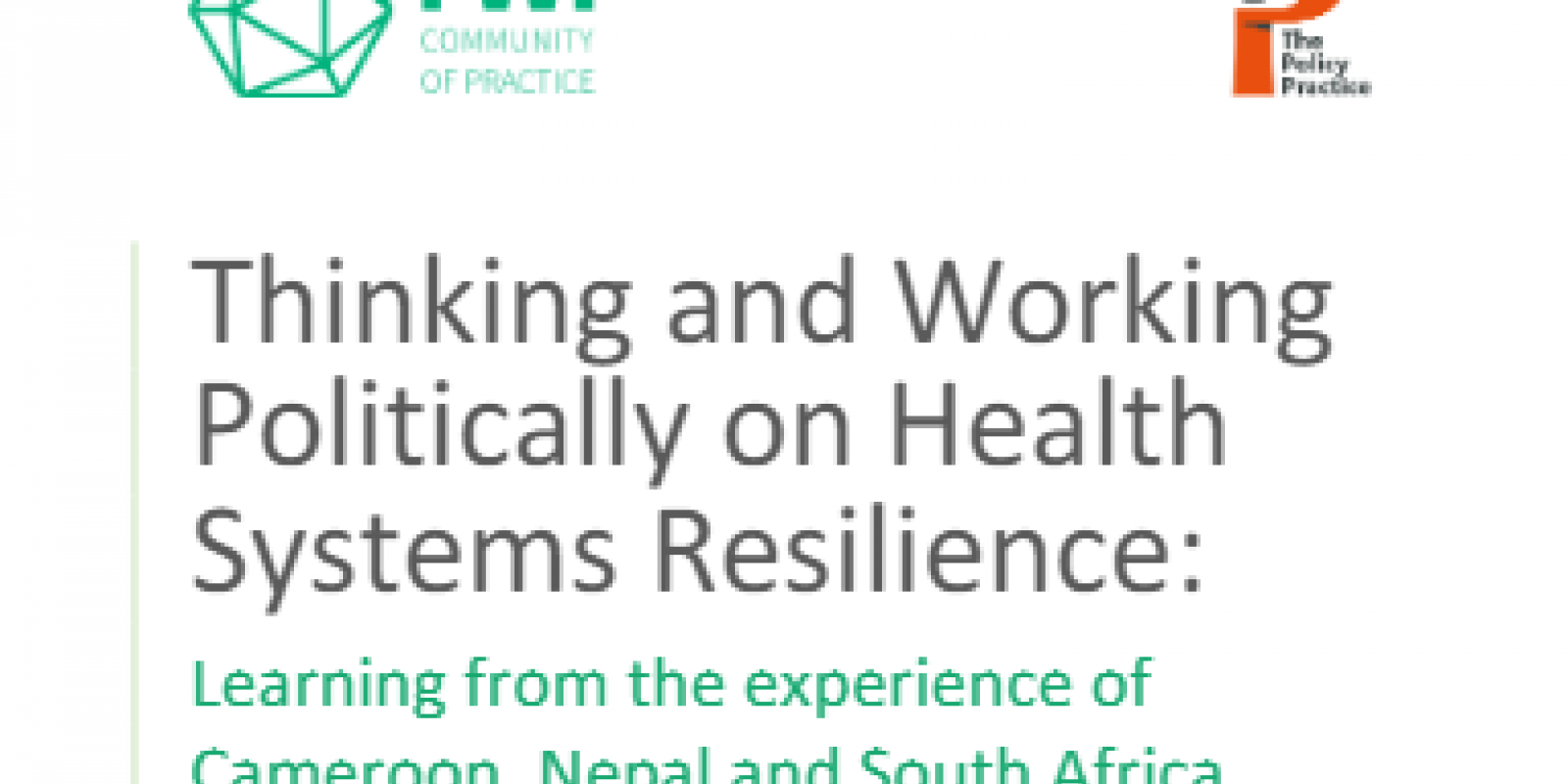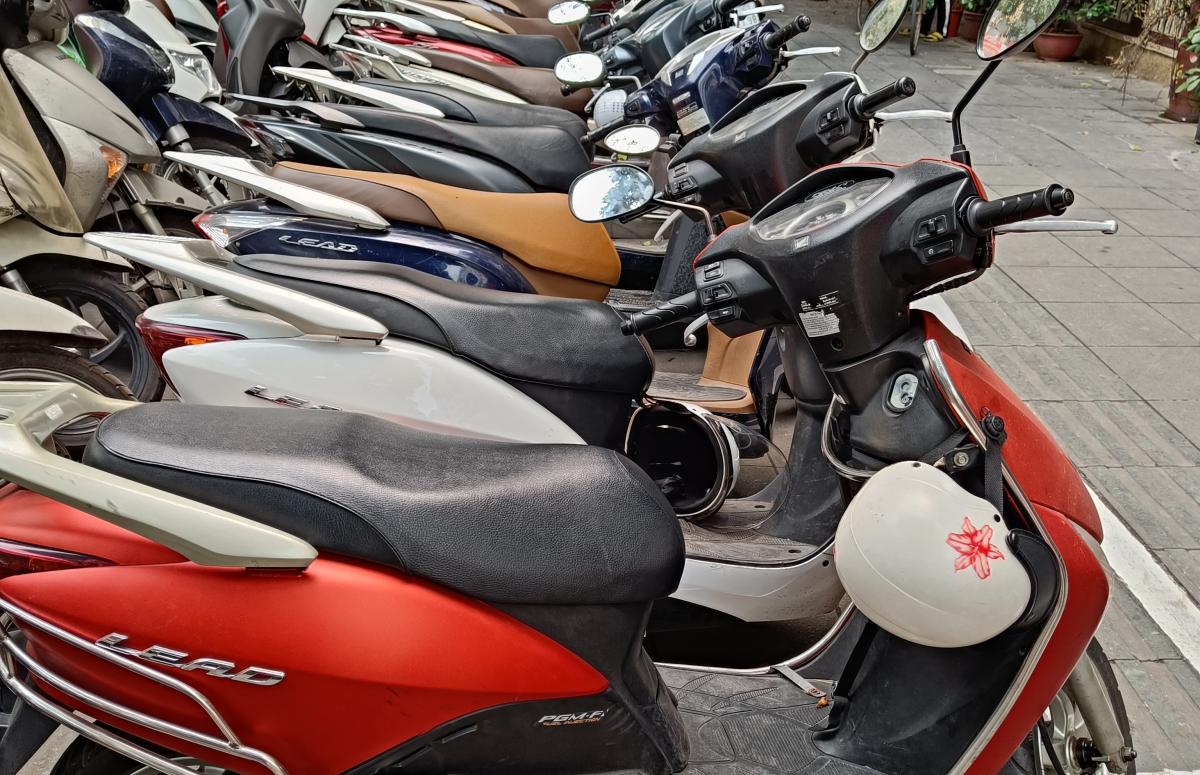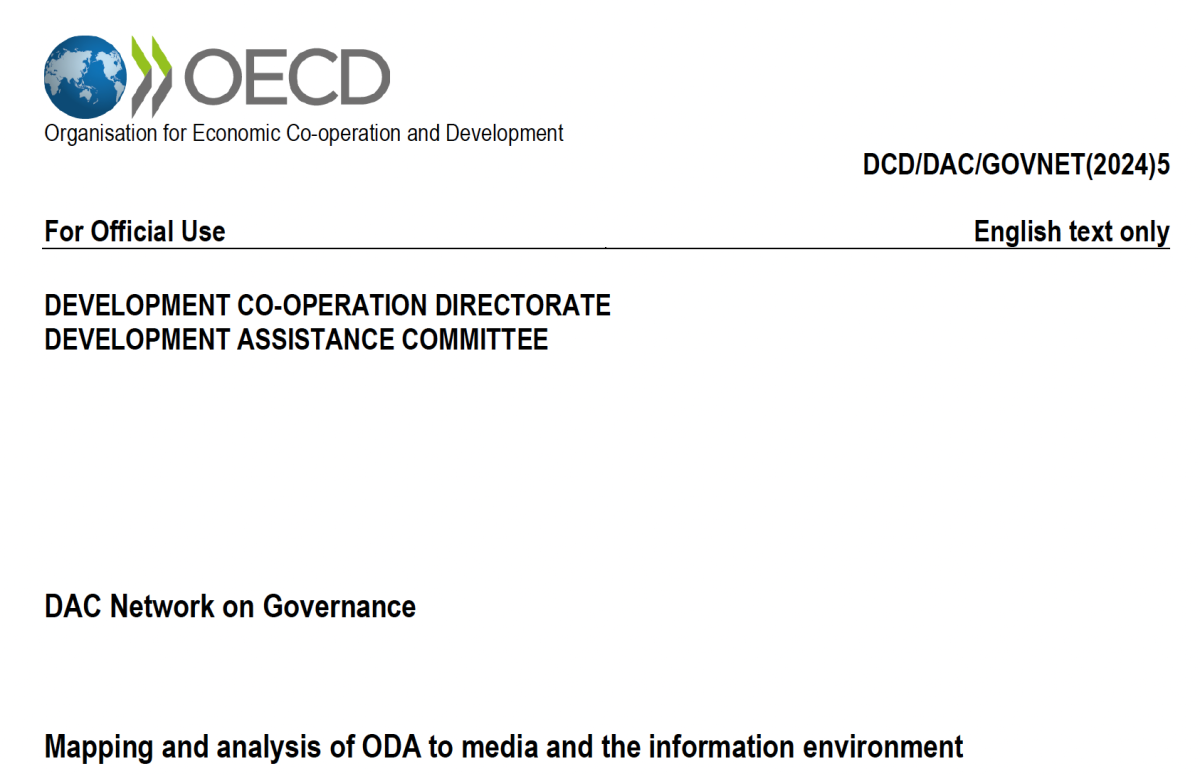
Thinking and Working Politically on Health Systems Resilience
The COVID-19 pandemic has severely tested the resilience of health systems in nearly every country of the world. However, some countries’ health systems have proven more resilient than others, and have been more effective in saving lives.
A new reflections paper prepared by The Policy Practice and the Thinking and Working Politically Community of Practice reflects on the political economy and governance factors that have affected health systems resilience and discusses how these can be given more attention in research and policy making.
The paper is based on the findings of a panel discussion held by the Community of Practice in February 2022 comparing the experience of Cameroon, Nepal and South Africa.
Political economy analysis for climate action - new course launched starting October 2024
The Policy Practice is delighted to be re-running the popular online course on Political Economy Analysis for Climate Action. This course explains how political economy analysis can be used to understand the challenge of action on climate change and to design more effective interventions. The course will consist of eight, 2-hour online sessions from 4 October to 12 November 2024. For more information and to register please click below or see our flyer here.
The political economy of energy transitions in Ghana, Zambia and Vietnam - Policy Brief 17
Written by Sam Bickersteth with Neil McCulloch and Meron Tesfamichael, this policy brief draws out some of the common constraints hindering the energy transition in Ghana, Zambia, and Vietnam and many other countries in the Global South. It also shows how political economy analysis can help to identify politically feasible pathways of change in each country demonstrating the importance of such analysis as an essential tool to understand energy transition.
Media support: aid funding does not match donor rhetoric
Laure-Hélène Piron (TPP Director) presented her analysis of official development assistance to media and the information environment to the Governance Network of the OECD Development Assistance Committee on 6 March 2024.
The draft report shows that the rhetoric of governments which support freedom of expression and condemn disinformation is not matched by sufficient funding. And too little directly goes to local media organisations.



